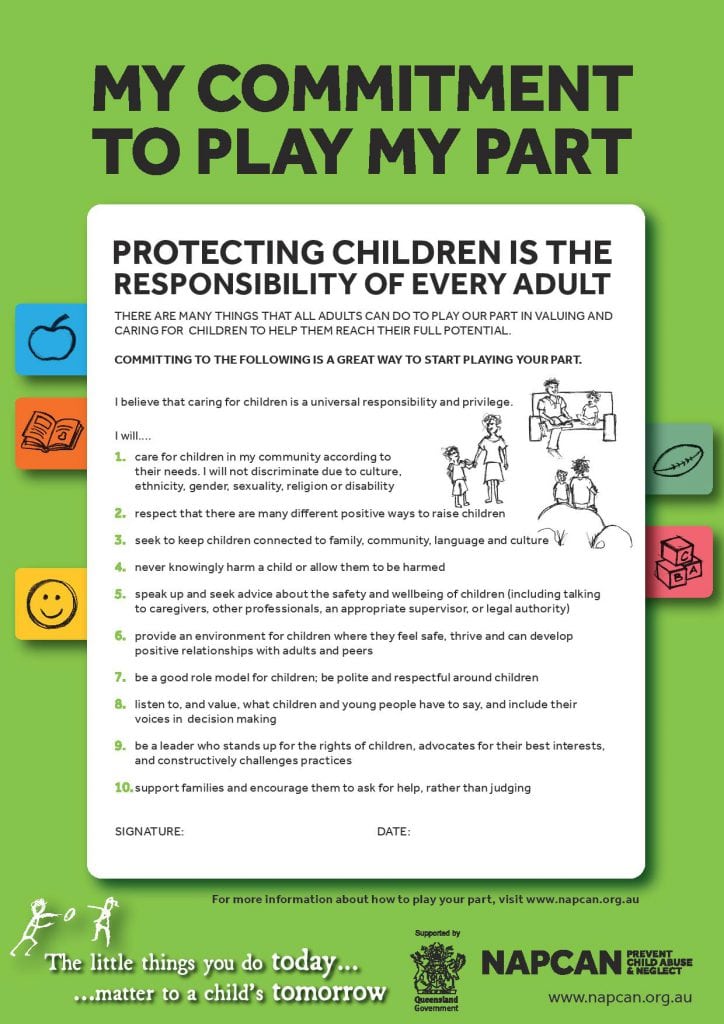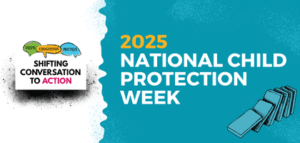
Fair Youth Coverage Launch
MEDIA & UNI PLEDGE On Tuesday, 4th November 2025, NAPCAN’s Youth Advisory Group is officially launching its ‘Fair Youth Coverage’ campaign at Government House in Canberra. The launch will feature a compilation of 100 young people’s voices from around Australia delivering a message to the media to lift its game



